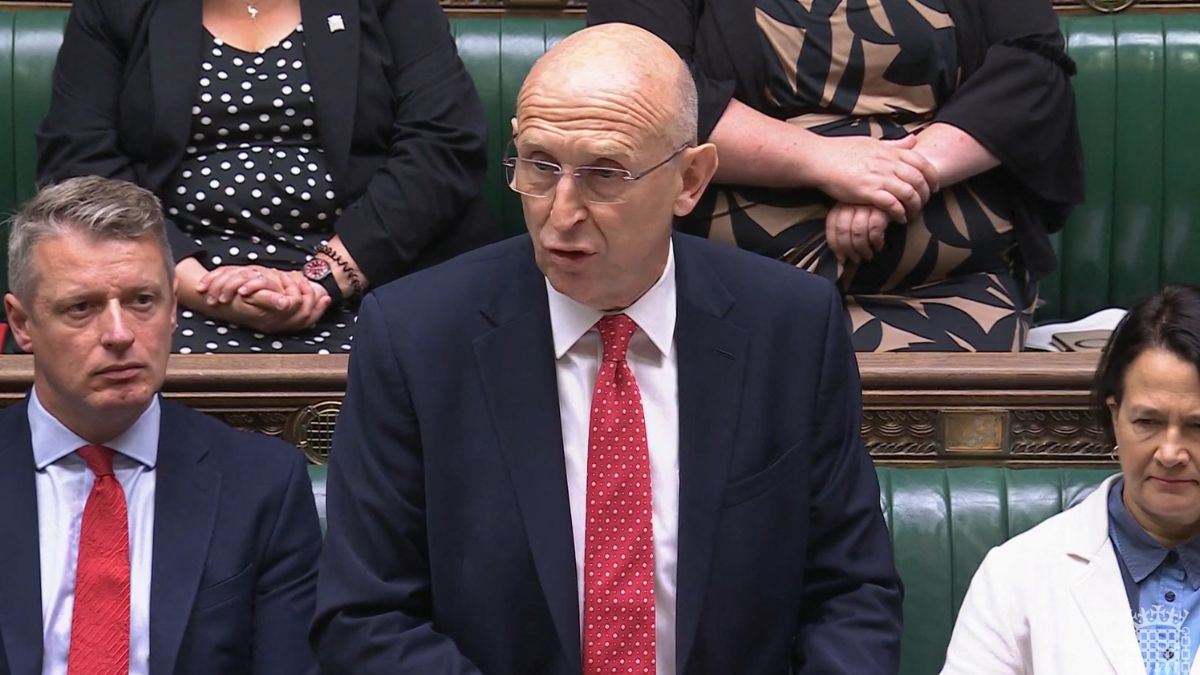Afghan data leak: Why thousands fled the Taliban regime for the UK explained

In 2023, ministers and officials in the UK’s Ministry of Defence (MoD) went into panic as they realised a Facebook post had leaked some data from a spreadsheet which contained the personal information of about 18,700 Afghans who applied to come into the country.
The realisation hit late, as the leak had happened in 2022. The ministers immediately covered it up, passing a superinjunction so that the leak could not be found and reported on. They feared that thousands of Afghans could be put at risk if the information reached the hands of the Taliban, who had now gained control of the country.
The UK then rushed to create the Afghanistan Response Route (ARR) in April 2024, which offered to relocate about 15,000 Afghans in a secret scheme that cost £2 billion.
The super-injunction, which prevented the media from reporting on the leak, was lifted on Thursday by the court.
The incident has been ranked as one of the worst data leaks in modern British history, according to the CNN. The cost and the leak could have cost the lives of thousands of Afghans. Not only that, the leak had also contained information about the members of the parliament and senior military officials who helped Afghan soldiers who fought with the British military move to the UK.
British Defence Secretary John Healey apologised for the leak in the House of Commons, saying, “This serious data incident should never have happened,” and “It may have occurred three years ago under the previous government, but to all whose data was compromised I offer a sincere apology.”
He also added that no one else from Afghanistan would be offered asylum in the country due to the data leak.
What was in the leak?
The leak occurred when an official accidentally emailed the spreadsheet outside of the government team that was processing the Afghan relocation in February 2022. The spreadsheet contained the names, contact information and family records of 18,700 Afghans who had applied to move to the UK under the Afghan Relocations and Assistance Policy (ARAP) in order to flee the Taliban. Many of the applications were made by soldiers who fought alongside the British army in Afghanistan.
The data made it to the public domain until the ministers realised it in August 2023, according to the BBC. The names of nine people who applied to move to the UK appeared on Facebook. The Facebook post had been made by an Afghan man who was refused relocation. He later took down the post when offered a review of his application. He is not facing any criminal charges.
The police had decided that no investigation was needed. The official no longer holds the post he had when the leak happened.
After that, the UK government tried to suppress any knowledge of the spreadsheet and the data by getting the court superinjunction passed on September 1, 2023, under the former conservative government. The injunction was extended twice between 2023-24.
The injunction was reviewed last July after Prime Minister Keir Starmer’s centre-left government came into power.
The people whose data were leaked were informed about it after the injunction was lifted on July 15.
Another injunction was partially lifted on Thursday, which revealed that the information and details of the UK special forces and spies were also in the leak.
The super-injunction
The application for the injunction was made by then Defence Secretary Ben Wallace. The request was to criminalise any action that would make the leak public. Justice Knowles, who reviewed the order, upgraded the request to a super-injunction, which also made it illegal to talk about the existence of the court order.
Another judge, Justice Chamberlain, who also regularly reviewed the order, said that it was the first of its kind and raised concerns about freedom of speech.
The government's response and the relocations
After the leak, the UK government set up the ARR, which was different from the existing ARAP scheme. Defence Secretary John Healy said last week that around 900 people have already been relocated to the UK or were on their way, as well as their family members. 600 more offers were also made, including for their family.
As of May 2025, it is estimated that more than 16,000 Afghans have moved to the UK out of the 36,000 that have been deemed to be at risk.
On Saturday, the MoD said that they will not be compensating thousands of Afghans whose data was leaked but did not evacuate to Britain.
Both the ARAP and ARR have now been closed due to the strain on the UK’s asylum and immigration system, according to a Cabinet Office memo. If the schemes were open, it would mean the country would have to relocate a total of 25,000 Afghans.
The UK government has estimated that all the efforts to relocate afghans since 2021 have cost around £5.5 to 6 billion.
World